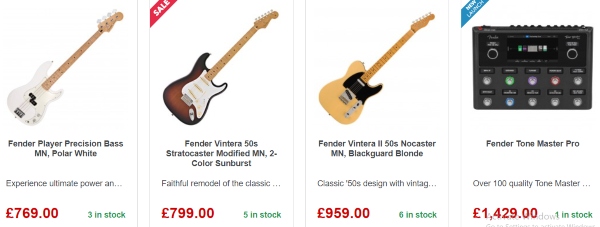Effective practice is the key to becoming a proficient guitarist. By structuring your practice sessions in a strategic and organized way, you can maximize your progress and achieve your musical goals more efficiently. Here are some tips for creating effective practice routines for guitarists:

1. Set Clear Goals
Before you start practicing, take some time to define your goals. Whether you want to learn a specific song, improve your technique, or master a new concept, having clear objectives will help you stay focused and motivated during your practice sessions.
2. Break It Down
Break down your practice goals into smaller, manageable tasks. For example, if you’re learning a new song, start by practicing the individual sections slowly and gradually increase the tempo as you improve. Breaking down larger goals into smaller steps will make them more achievable and less overwhelming.
3. Focus on Technique
Dedicate a portion of your practice time to working on technique exercises. This could include scales, arpeggios, fingerpicking patterns, or exercises specifically designed to improve your speed, accuracy, and dexterity. Focus on proper technique and pay attention to your hand position, finger placement, and posture.
4. Practice Regularly
Consistency is key when it comes to practicing the guitar. Try to establish a regular practice routine and stick to it as much as possible. Even if you only have a short amount of time to practice each day, consistent practice will yield better results than sporadic, infrequent practice sessions.
5. Use a Variety of Materials
Mix up your practice routine by incorporating a variety of materials and techniques. Practice scales and exercises to improve your technique, learn new songs to expand your repertoire, and work on music theory concepts to deepen your understanding of music. Variety will keep your practice sessions interesting and engaging.
6. Be Patient and Persistent
Learning to play the guitar takes time and patience, so be patient with yourself and don’t get discouraged if you don’t see immediate results. Stay persistent and keep practicing, even when you encounter challenges or setbacks. Remember that progress is gradual, and every practice session brings you one step closer to your goals.
7. Monitor Your Progress
Keep track of your progress over time by recording yourself, keeping a practice journal, or using apps and online tools to track your practice time and goals. Monitoring your progress will help you identify areas where you need improvement and celebrate your successes along the way.
8. Stay Inspired
Finally, stay inspired and motivated by listening to music, attending concerts, watching live performances, and surrounding yourself with other musicians. Draw inspiration from your favorite guitarists and let their music inspire you to keep practicing and improving.
By following these tips and creating a well-rounded practice routine, you’ll be well on your way to becoming a skilled and confident guitarist. Remember to stay patient, stay persistent, and most importantly, enjoy the journey of learning and making music.



